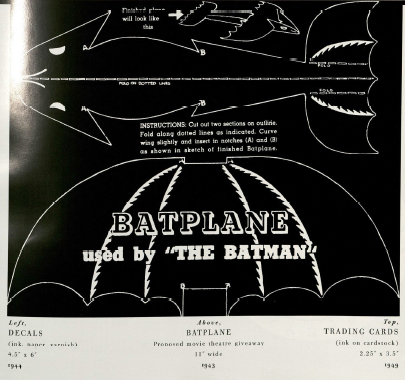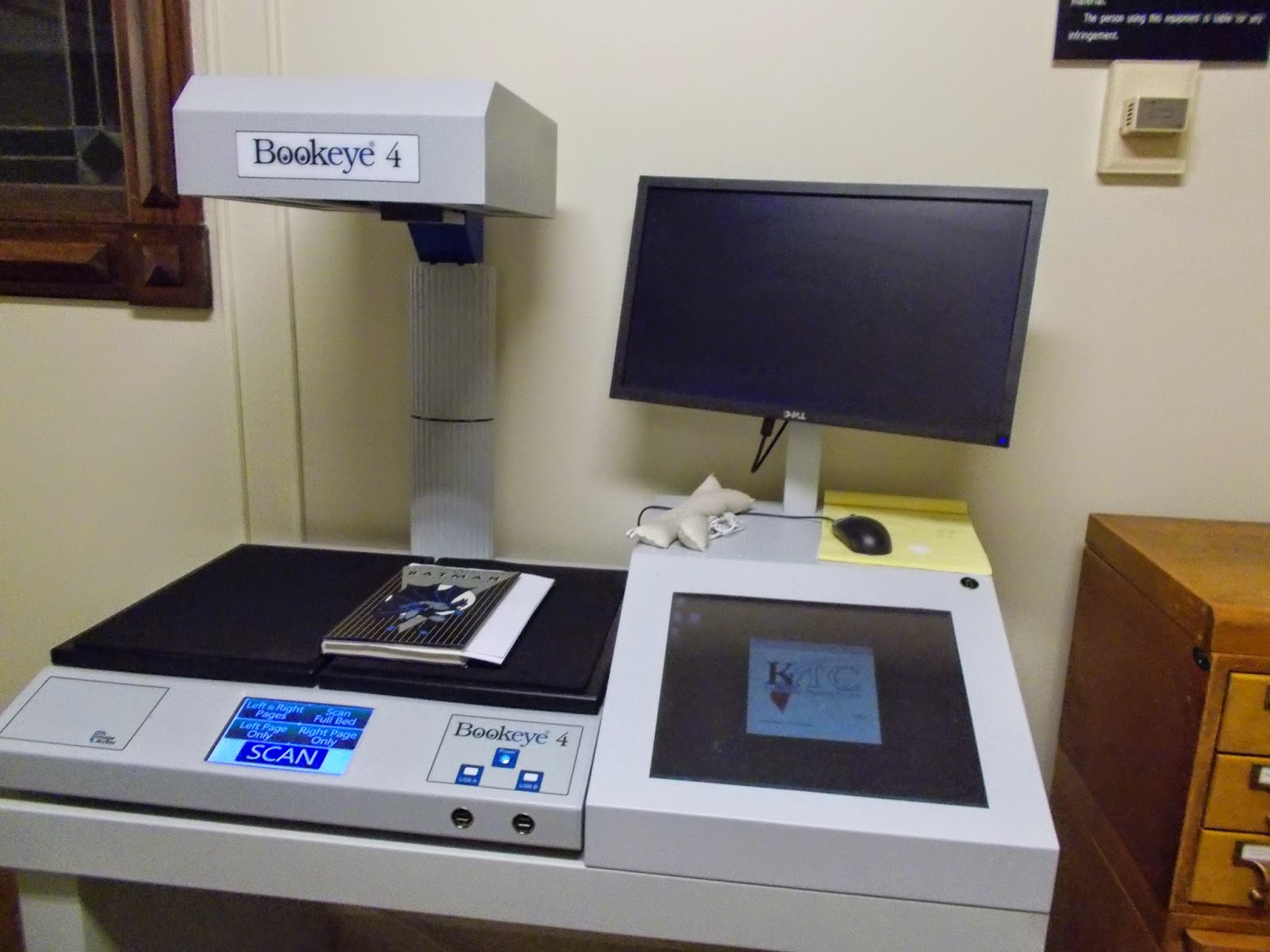 |
| Me and Monticello |
I
have been taking a class on the history of Islam; it is extremely interesting
but equally alien to me. My training in
history has been almost exclusively that of western culture, especially
American history. I am also ethnically
Irish-Swedish and an evangelical Christian; not even the culture that I grew
into or associate regularly with prepared me for the language and concepts of
the Islamic world. On more than one
occasion, during this class, I have tried to compare Islam with
Christianity. Whether it be comparing
the difference between Caliphs and Imams to Cardinals and Bishops, or comparing
the difference between Sunni and Shiite to be equivalent to the differences
between Catholics and Protestants. There
are similarities certainly and comparing them may help me a little to wrap my
brain around Islamic concepts; however, what I cannot forget as a history
student is that these are two completely different worlds and deserve their own
telling. A Cardinal is not a Caliph and
a Shiite is not a Protestant. As a
historian it is important to study and understand each culture on their own
terms, to do less is to fail understanding both cultures and thus fail as a
historian.
Here are some definitions that may help to
understand the Islamic world a little better.
Caliph
– An English derivation of the Arabic word Khalifa, which can mean either
deputy or successor. Leading members of the Prophet’s companions chose the
first few caliphs, who possessed moral, political, and military authority, but
not prophetic authority. The caliphate rapidly became dynastic, causing the
office to lose much legitimacy in the eyes of many, and then multiplicity of
simultaneous caliphates arose, further diluting its authority. Moreover,
Shiites have recognized only the fourth caliph, Ali as legitimate, claiming
that Ali and his descendants, called Imams, are the only legitimate spiritual
and political rulers. The Shiite sect of Islam does not have a Caliph instead
they put more emphasis on the Imam.
Imam
– An Arabic word that literally means “before” or “in front of.” The term came
to be applied to the prayer leader at a mosque within the Sunni tradition of
Islam. Also the recognized leader of
Shiite Islam; Shiite sects have defined the characteristics of their Imams in
different ways over the centuries, but generally the Imam is understood not to
have prophetic status. He does, however provide religious guidance that is
indispensable, and he is the rightful head of the entire Muslim community. Some
Shiite groups consider their Imam to be in seclusion, awaiting the time to
return to lead the world; others have a visible Imam who lives among them.
Egger, Vernon O. A History of the Muslim World Since 1260:
The Making of a Global Community. Upper Saddle River, NJ: Pearson Prentice
Hall, 2008.


















